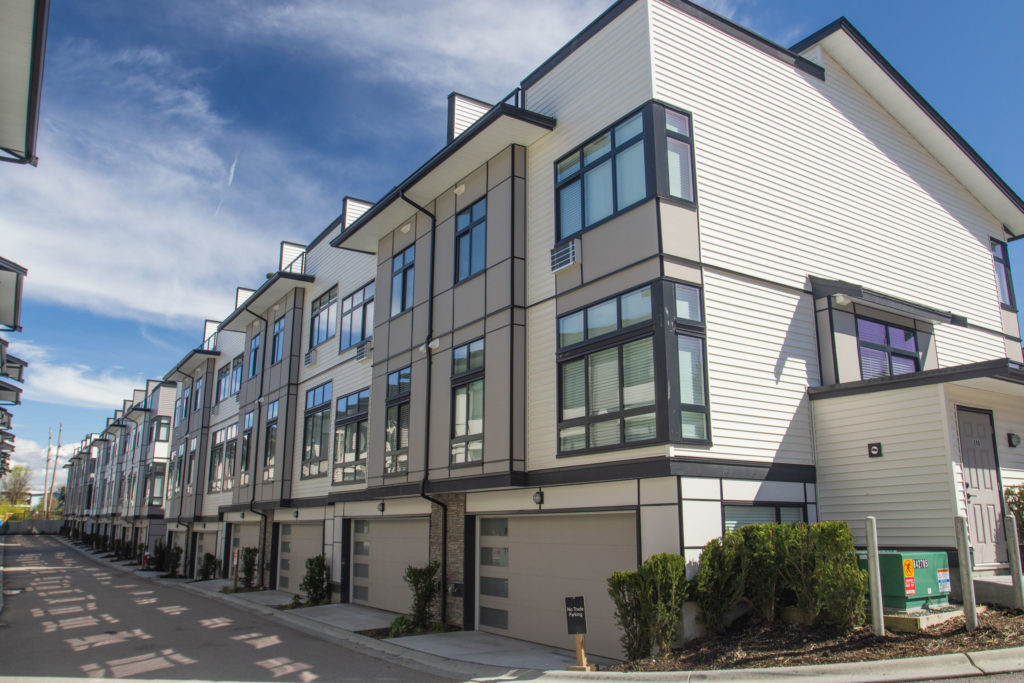The technology may be responsible for a new movement among young Australians. The blockchain is giving millennials access to the real estate market. The movement is seen as a possible gateway to this group in the real estate market.
The idea is to commercialize properties that would be divided into fractions. Thus, these small portions can be marketed through blockchain technology. With this, people can buy smaller batches of property at best affordable prices.
The real estate blockchain is called “Bricklet”, is from Lakeba Group, that divided two apartments in the Australian city of Adelaide, in 20 portions each. Each investor pays 5% of the purchase price of the property and, in turn, acquires the equivalent of one twentieth of the property.
The transaction still has risks, such as any real estate investment. The difference, however, is that the format allows people of less privileged social classes to make this type of purchase.
In addition, the project founders believe that the initiative could make sales of real estate faster and cheaper. “Now, with Bricklet, even people who have some money in their savings accounts, like US$ 20,000 For example, can have the same type of investment”.

Blockchain in the real estate market is not something new
The movement is not new. Dynasty, a company founded by Brazilians, allows investors to access the high-standard real estate market through the purchase of tokens. The idea is to give small investors access to a market usually only accessed by large players.
The blockchain will play an important role in this new method of acquisitions. Essentially, technology registers and verifies transactions without the need for an external authority. Therefore, you cannot modify any blocks without changing the entire string.
Therefore, selling and buying real estate using the blockchain can eliminate the need for long and costly agreements, as well as charges with carriers and solicitors. For the accessibility expert of housing at the University of Adelaide, Chris Leishman, the blockchain can be the key to making the acquisition of homes more accessible.
However, he does not believe that the concept of bricklet alone may achieve this. “This is really a welcome innovation. We think that the financial technology, new models of ownership, new financial models are part of the answer to make housing more accessible. What we want to see is more research to make the housing and financing options more flexible and affordable”.







